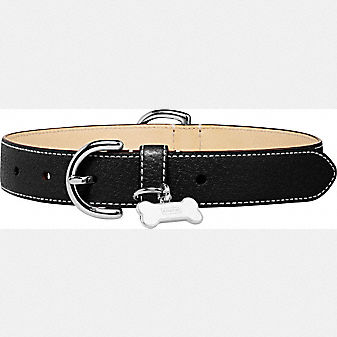So, I found this meme from
Zoe of Girl with One Track Mind, who got it from
Mike of Troubled Diva, who got it from
Cliff of This is This, who got it from
Claire of Moon in the Gutter
<the meme>
1. My uncle once: owned a cock-fighting arena.
2. Never in my life: have I gone to jail.
3. When I was five: I lived in New York City and had a dog named Lucky.
4. High school was: bitter-sweet.
5. I will never forget: Cenote diving in Mexico.
6. Once I met: Natalie Gulbis.
7. There’s this girl I know: who is going to save the world.
8. Once, at a bar: racked up a $400 tab.
9. By noon, I’m usually: ready for a drink.
10. Last night: took Benadryl and fell asleep.
11. If only I had: the guts to take more risks.
12. Next time I go to church: I’ll light a candle for them.
13. What worries me most: is not having enough energy to get back up again.
14. When I turn my head left I see: Snowball.
15. When I turn my head right I see: The Vivster.
16. You know I’m lying when: I smile.
17. What I miss most about the Eighties is: Reaganomics and leg warmers
18. If I were a character in Shakespeare I’d be: Petruccio.
19. By this time next year: I'll be on some island in the southern Caribbean.
20. A better name for me would be: daddy.
21. I have a hard time understanding: people.
22. If I ever go back to school, I’ll: be taking it more seriously.
23. You know I like you if: I joke with you.
24. If I ever won an award, the first person I would thank would be: Sher.
25. Take my advice, never: drink on an empty stomach, or get naked once you decide to drink on an empty stomach.
26. My ideal breakfast is: fried eggs, sausage and rice
27. A song I love but do not have is: Mylie Cyrus's "See You Again". I'm joking... Sting's "Fields of Gold" from his VH1's Storyteller performance.
28. If you visit my hometown, I suggest you: bring a gun or some bodyguards.
29. Why won’t people: accept one another.
30. If you spend a night at my house: you'd have a good time.
31. I’d stop my wedding for: an Atlanta Braves game.
32. The world could do without: Mylie Cyrus.
33. I’d rather lick the belly of a cockroach than: lick it's bung hole.
34. My favorite blonde(s) is/are: Marilyn Monroe and Hellga from American Gladiators.
35. Paper clips are more useful than: the French and/or Politicians. (They both pretty useless in my book.)
36. If I do anything well it’s: probably an accident.
37. I can’t help but: have a good time.
38. I usually cry: when I'm exhausted.
39. My advice to my child/nephew/niece: always do your best.
40. And by the way: I really like gummy bears.
</the meme>


 No, it is nothing S&M related or anything crazy. Although, I know that I have a couple of very sick and/or resourceful friends who would come up with interesting uses for this... it's a collar... for a dog.
No, it is nothing S&M related or anything crazy. Although, I know that I have a couple of very sick and/or resourceful friends who would come up with interesting uses for this... it's a collar... for a dog. If you are remotely aware of the sport of SCUBA diving, you are familiar with the image of people stuffed into wet suits, their face hidden behind a regulator/mask and a large amount of weight donned onto their back.
If you are remotely aware of the sport of SCUBA diving, you are familiar with the image of people stuffed into wet suits, their face hidden behind a regulator/mask and a large amount of weight donned onto their back. The first step in the world of diving, is an Open Water certification. This life time certification allows you to dive within the recreational limits set by the World Recreational SCUBA Training Council.
The first step in the world of diving, is an Open Water certification. This life time certification allows you to dive within the recreational limits set by the World Recreational SCUBA Training Council. It goes with out saying that advancing your dive education requires additional training; however, additional factors also come into play when a diver wants to exceed the boundaries of RSD. These factors include changes or additions in regards to diving equipment, discipline, maturity and a realistic understanding of one's own personal limits.
It goes with out saying that advancing your dive education requires additional training; however, additional factors also come into play when a diver wants to exceed the boundaries of RSD. These factors include changes or additions in regards to diving equipment, discipline, maturity and a realistic understanding of one's own personal limits. 










